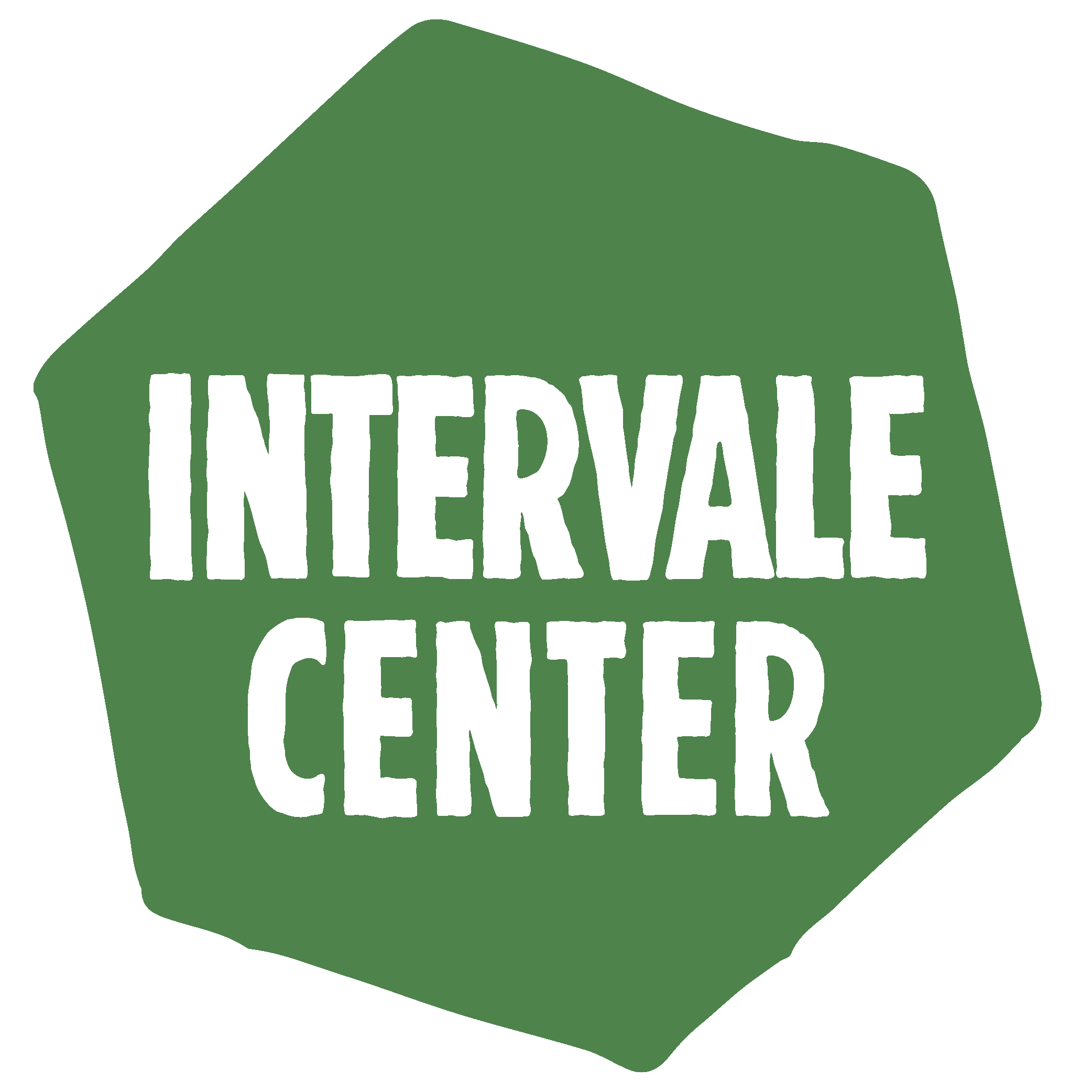Stewarding Vermont's Farmland Thanks to the Lake Champlain Basin Program
Thanks to the Lake Champlain Basin Program (LCBP)’s Clean Waters and Healthy Ecosystems Grant, this year the Intervale Conservation Nursery (ICN) was able to identify and steward nine sites across more than 33 acres in the Lake Champlain Basin, enhancing riparian buffers (forested area along stream banks) and restoring wetlands.
The services provided by the ICN team included:
• Planting more than 130 new container trees and shrubs
• Trimming and weeding around recently planted trees
• Removing invasive species, such as buckthorn and honeysuckle
The funding LCBP provides plays a key role in the Intervale Center’s efforts to maintain planting sites that sequester carbon, improve water quality, reduce run off, and protect surrounding soil and waterways, benefiting both people and planet.
At a farm in Worcester, our team was able provide post-planting maintenance of a 50-foot riparian buffer along the North Branch of the Winooski River. This was an extension of our work from last season where the ICN team provided maintenance on an adjoining restoration project on the same property.
Despite challenges and delays caused by flooding, the ICN team was able to conduct two rounds of clearing around planted stems that were originally planted in 2021 and 2022. Enhancement plantings fill in areas that experienced high mortality levels and increase the success and impact of a planting site.
The property is beautiful with rolling hills and nice swimming spots along the river.
At a farm in Cornwall, our team provided maintenance services on 6.2 acres of former pasture along Bascom Brook where they had previously planted native trees and shrubs in both 2021 and 2022. The site is dominated by reed canary grass, a highly competitive species that often overtops and smothers newly planted stems. This project included two instances of manual vegetation control immediately around the planted stems in an effort to increase stem survival and support this site's progression to a forested buffer.
We could not complete projects like these without our conservation partners, including Friends of the Winooski River and the U.S. Fish and Wildlife Service, with whom we collaborate to improve and restore Vermont’s natural environments as the basis of our food system.
“The U.S. Fish and Wildlife Service is incredibly grateful for the Intervale Center's support of these habitat restoration projects. Our project monitoring has shown that follow-up stewardship in the years after planting drastically improves success. A successfully established riparian buffer benefits high-priority fish and wildlife species, downstream water quality, and ecosystem resilience in the Lake Champlain basin. With the support of the Lake Champlain Basin Program, the Intervale Center has been a critical partner in improving the quality and success of these important projects.”
- Katie Kain from Partners for Fish and Wildlife Program



